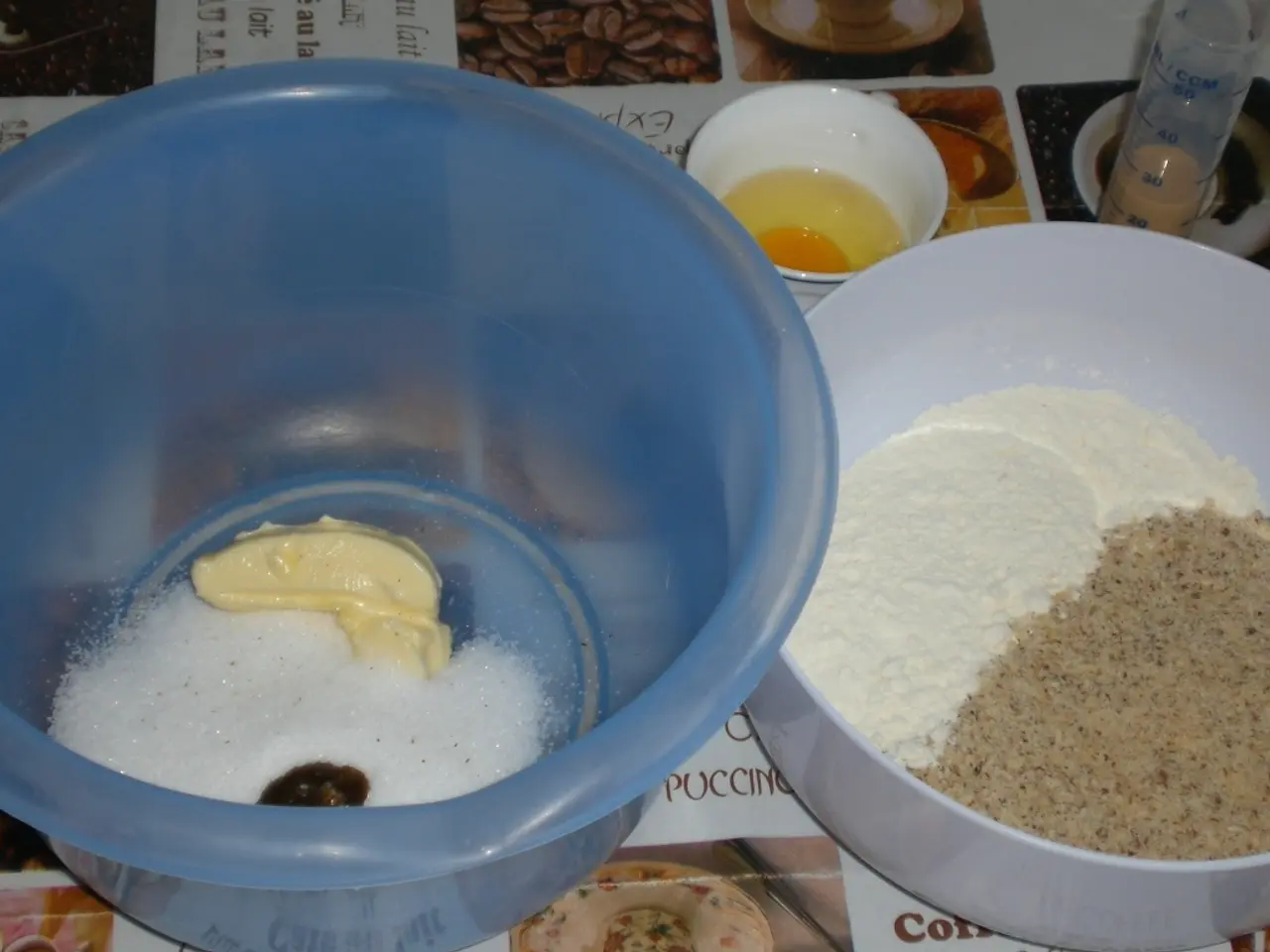Recurring instances of both hardened stools and loose bowel movements
Irritable Bowel Syndrome (IBS) is a common gastrointestinal (GI) disease that affects many people worldwide. Characterised by abdominal pain or discomfort, and symptoms including constipation, diarrhea, or both, IBS can significantly impact quality of life.
Causes of IBS
The exact cause of IBS remains unknown, but doctors believe that a number of factors may play a role in its development. These include increased intestinal sensitivity, altered intestinal motility, brain-gut interaction, and psychosocial distress.
For those experiencing IBS with mixed bowel habits (IBS-M), common causes include disrupted gut-brain interaction, abnormal intestinal muscle contractions, post-infectious changes, gut microbiome imbalance, psychological stress and anxiety, food sensitivities and dietary triggers, hormonal fluctuations, and genetic predisposition.
Treatments for IBS
Treatments for IBS aim to manage symptoms through lifestyle, dietary, and pharmacologic approaches.
Dietary Management
A structured low-FODMAP diet trial under dietitian supervision helps identify and minimize food triggers. Adopting a Mediterranean-style diet rich in tolerated fruits, vegetables, whole grains, olive oil, legumes, nuts, and omega-3 fish supports gut health and microbiome diversity. During symptom flares, gentler food textures like broths and cooked grains are recommended.
Stress Reduction and Psychological Care
Techniques to manage emotions and anxiety can reduce symptom severity.
Medications and Supplements
Magnesium glycinate may improve muscle relaxation and bowel motility, especially to relieve constipation and aid sleep. Emerging adjuncts such as CBG oil (cannabigerol) are used by some for gut-brain calming effects, but should complement, not replace, conventional treatments. Symptom-targeted drugs (antispasmodics, laxatives, antidiarrheals) may be used based on the current predominant symptom (diarrhea or constipation).
Lifestyle Modifications
Maintaining regular sleep patterns supports the gut clock and may reduce symptoms.
Addressing IBS-M requires individualized treatment focused on symptom patterns and triggers, as no single cause explains all cases and triggers vary by person.
Other Factors Affecting Bowel Health
Not drinking enough fluids can cause constipation. Pregnancy, hypothyroidism, and diabetes can increase the risk of constipation. Abdominal surgery can lead to chronic diarrhea. Eating contaminated food or water can cause diarrhea. Recent use of antibiotics is a red flag. Food intolerances and allergies can cause chronic diarrhea. Taking certain medicines and dietary supplements can cause constipation.
Infections are the most common cause of short-term diarrhea. Infections that do not go away quickly can cause chronic diarrhea. Digestive tract problems like celiac disease and ulcerative colitis can cause chronic diarrhea. Nighttime symptoms that wake a person from sleep are red flags.
Being older, not getting enough physical activity, ignoring the urge to pass stool, and not eating enough fiber can also cause constipation. Certain medications like antacids and antibiotics can cause diarrhea. Taking certain medications for a long time can cause chronic diarrhea. Blood in stool, new symptoms at the age of 50 or older, fever, chills, changes in IBS symptoms (new or different pain), unintentional weight loss, and family history of other GI diseases are red flags that warrant further medical attention.
Treatments for IBS are tailored to individual symptoms and subclassifications, as people with IBS experience different symptoms. Only a few treatments target all IBS symptoms at once, while most treatments focus solely on individual symptoms. Polyethylene glycol (PEG) is a treatment for IBS.
In conclusion, understanding IBS and its management involves recognising the various causes, adopting suitable treatments, and being aware of factors that can affect bowel health. If you suspect you may have IBS or are experiencing persistent bowel issues, it is essential to seek medical advice.
- Experts are still unsure about the exact cause of Irritable Bowel Syndrome (IBS), but they suspect a combination of factors such as increased intestinal sensitivity, altered intestinal motility, brain-gut interaction, and psychosocial distress.
- IBS with mixed bowel habits (IBS-M) can be triggered by disrupted gut-brain interaction, abnormal intestinal muscle contractions, post-infectious changes, gut microbiome imbalance, psychological stress and anxiety, food sensitivities and dietary triggers, hormonal fluctuations, and genetic predisposition.
- Treatments for IBS aim to manage symptoms by means of lifestyle, dietary, and pharmacologic approaches.
- Following a structured low-FODMAP diet trial under dietitian supervision can help identify and minimize food triggers in managing IBS.
- A Mediterranean-style diet, rich in tolerated fruits, vegetables, whole grains, olive oil, legumes, nuts, and omega-3 fish, supports gut health and microbiome diversity.
- During symptom flares, gentler food textures like broths and cooked grains are recommended to manage IBS symptoms.
- Techniques to manage emotions and anxiety can help reduce symptom severity in individuals with IBS.
- Magnesium glycinate is a medication that may improve muscle relaxation and bowel motility to relieve constipation and aid sleep.
- Some emerging adjuncts like CBG oil are used for their gut-brain calming effects, but they should complement, not replace, conventional treatments.
- Symptom-targeted drugs (antispasmodics, laxatives, antidiarrheals) may be used based on the current predominant symptom (diarrhea or constipation).
- Maintaining regular sleep patterns supports the gut clock and may reduce IBS symptoms.
- In addition to IBS, a number of other factors can affect bowel health, such as not drinking enough fluids, pregnancy, hypothyroidism, diabetes, abdominal surgery, food contamination, recent use of antibiotics, food intolerances and allergies, certain medications, and infections.
- Certain medications and dietary supplements can cause constipation, while taking certain medications for a long time can cause chronic diarrhea.
- Blood in stool, new symptoms at the age of 50 or older, fever, chills, changes in IBS symptoms (new or different pain), unintentional weight loss, and family history of other GI diseases are red flags that warrant further medical attention.
- Treatments for IBS are tailored to individual symptoms and subclassifications, as different people with IBS experience different symptoms. Polyethylene glycol (PEG) is one example of a treatment for IBS.




